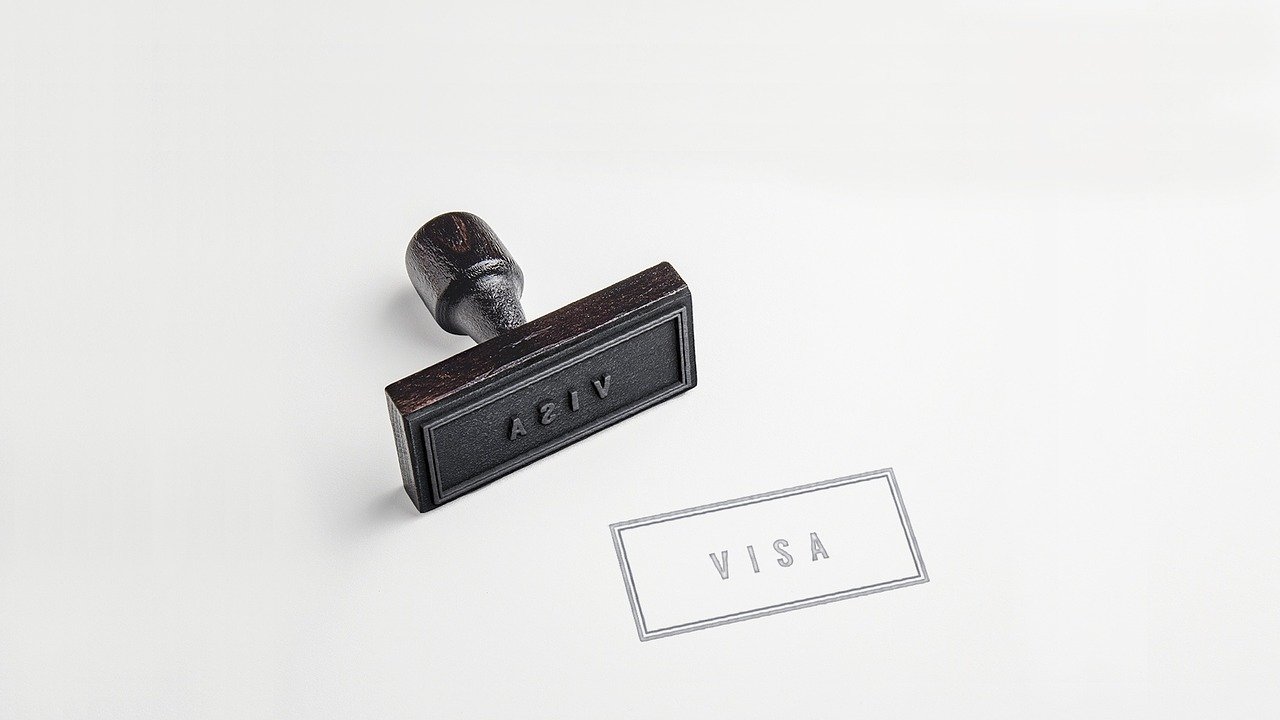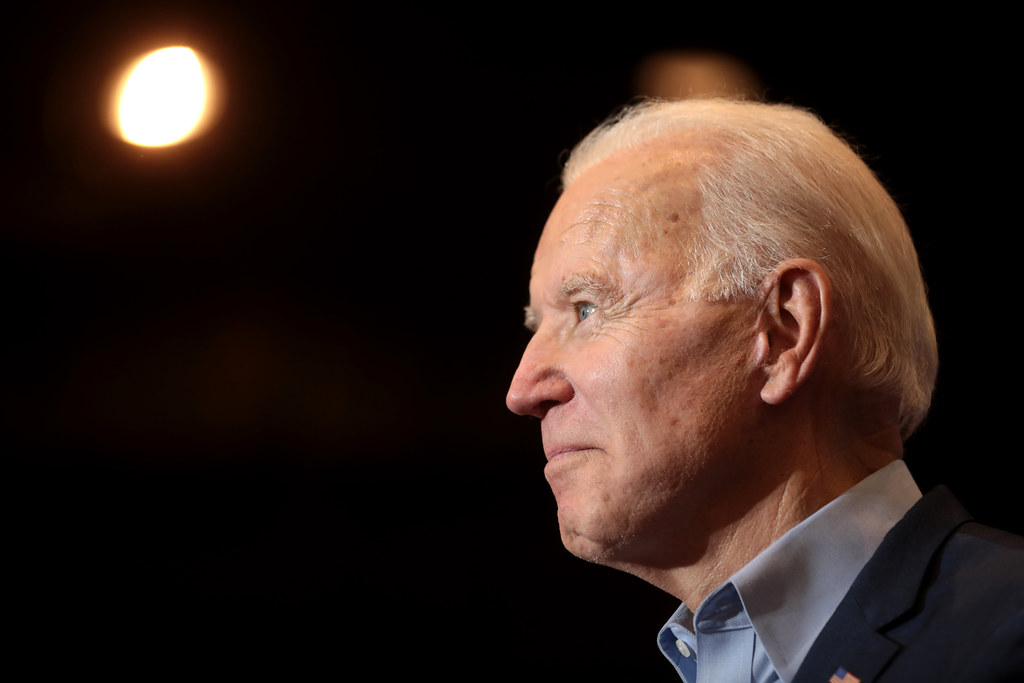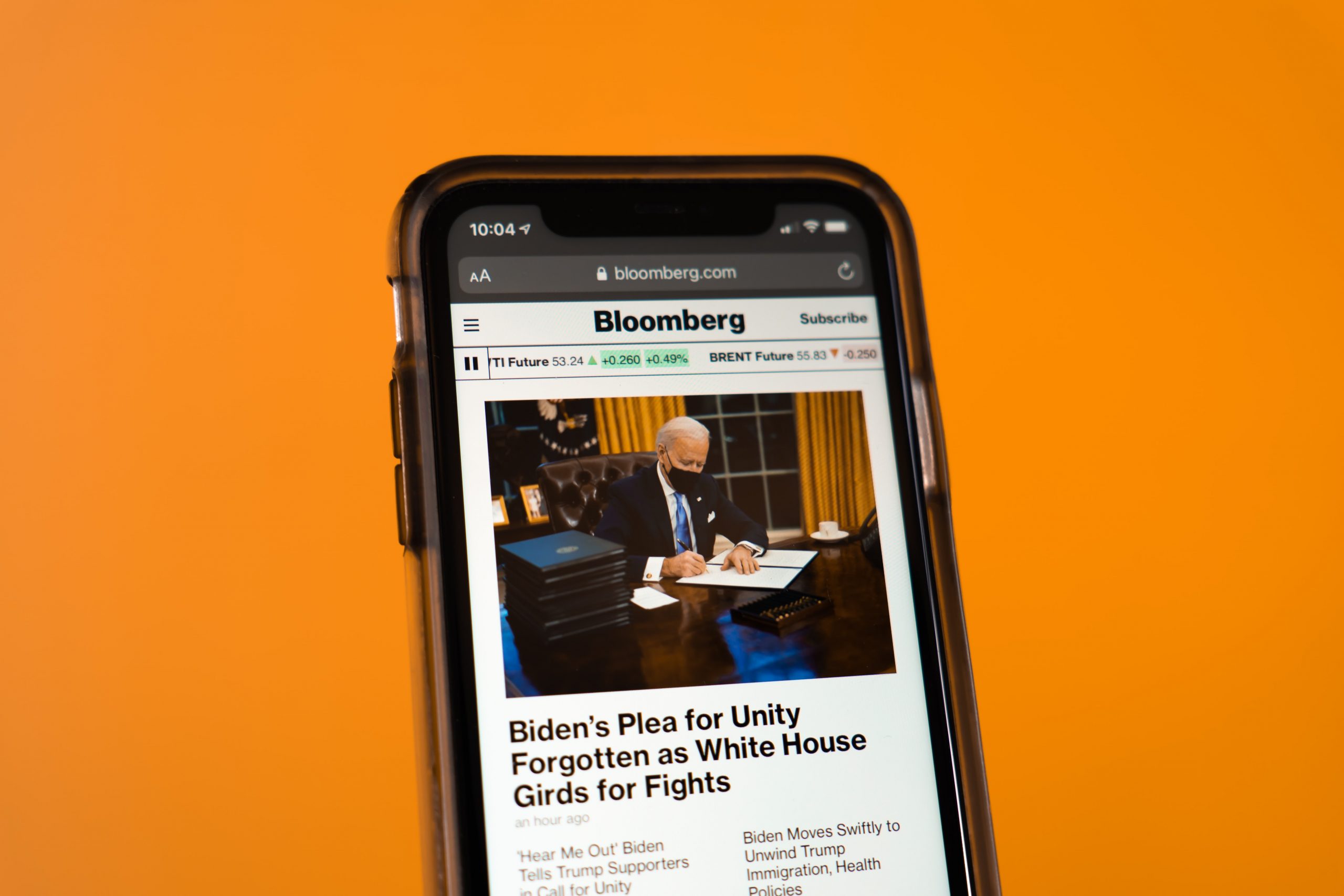Welcome back to Visalawyerblog! It is the start of a brand-new week and we are excited to bring you more updates in the world of immigration.
We are happy to report that the Department of State has released important information for nonimmigrant visa applicants who may qualify for an interview waiver. That’s right. Certain nonimmigrant visa applicants will now be eligible to obtain a renewal of their visas without being required to attend a Consulate interview.
Who may take advantage of Non-Immigrant Visa Interview Waivers?
The Secretary of State, Antony Blinken, has consulted with the Department of Homeland Security, and temporarily expanded the ability of Consular officials to waive the in-person interview requirement, which is normally required of all individuals seeking nonimmigrant visas in the same visa classification – in other words renewal applicants.
Prior to the COVID-19 pandemic, interview waivers were only available to those applicants whose nonimmigrant visa was set to expire within 24 months.
The Secretary has now temporarily extended the Interview Waiver eligibility to those whose visas are set to expire within 48 months. This new policy will be in effect until December 31, 2021.
According to the Department of State, “This change will allow consular officers to continue processing certain nonimmigrant visa applications, while limiting the number of applicants who must appear at a consular section, thereby reducing the risk of COVID-19 transmission to other applicants and consular staff.”
 Visa Lawyer Blog
Visa Lawyer Blog











